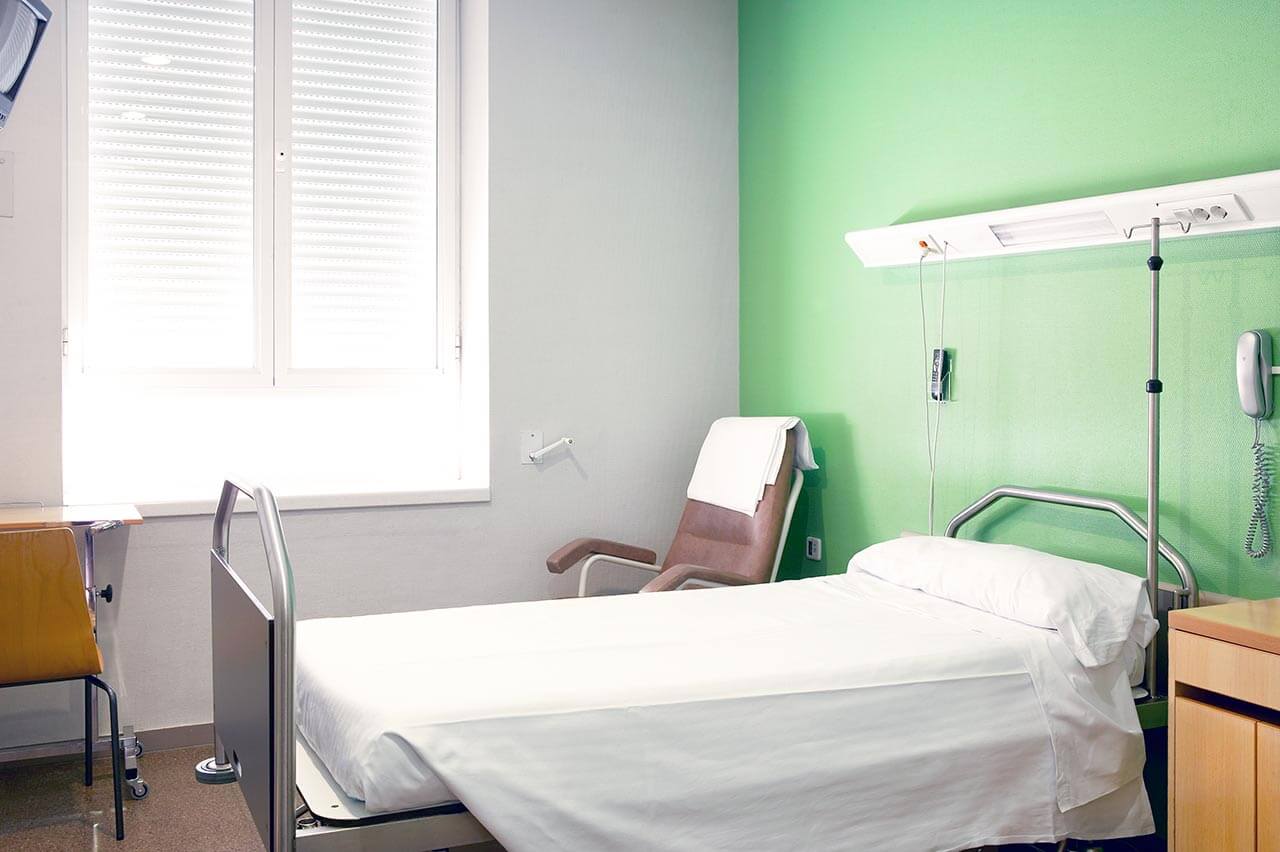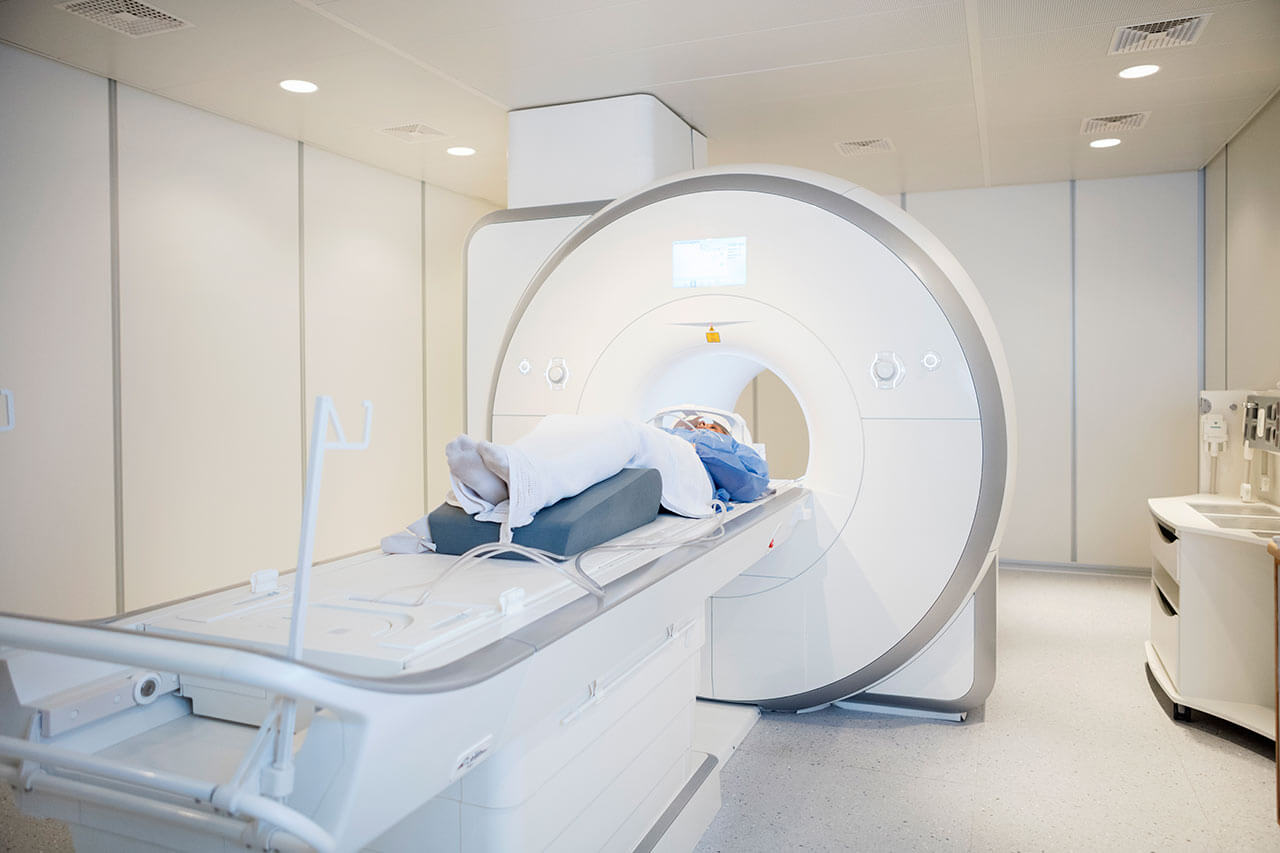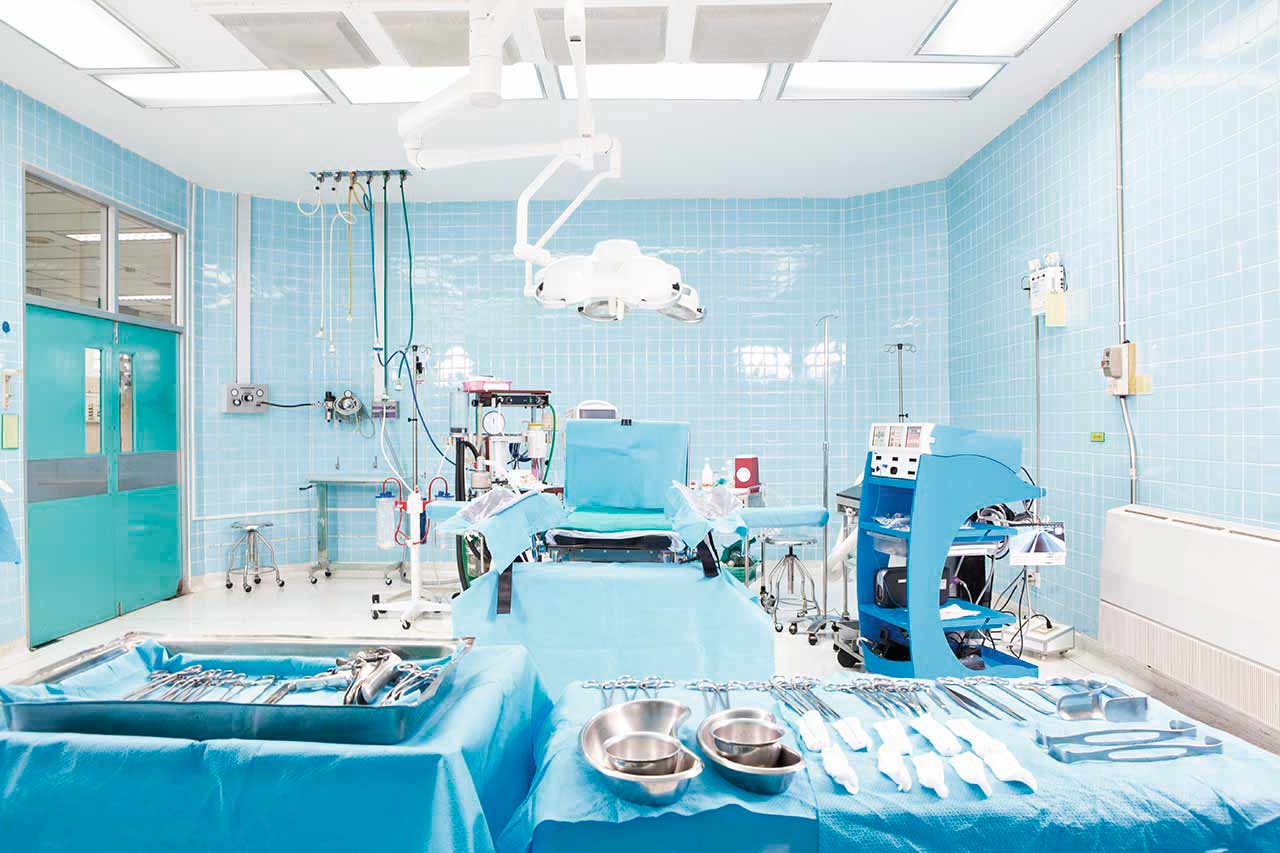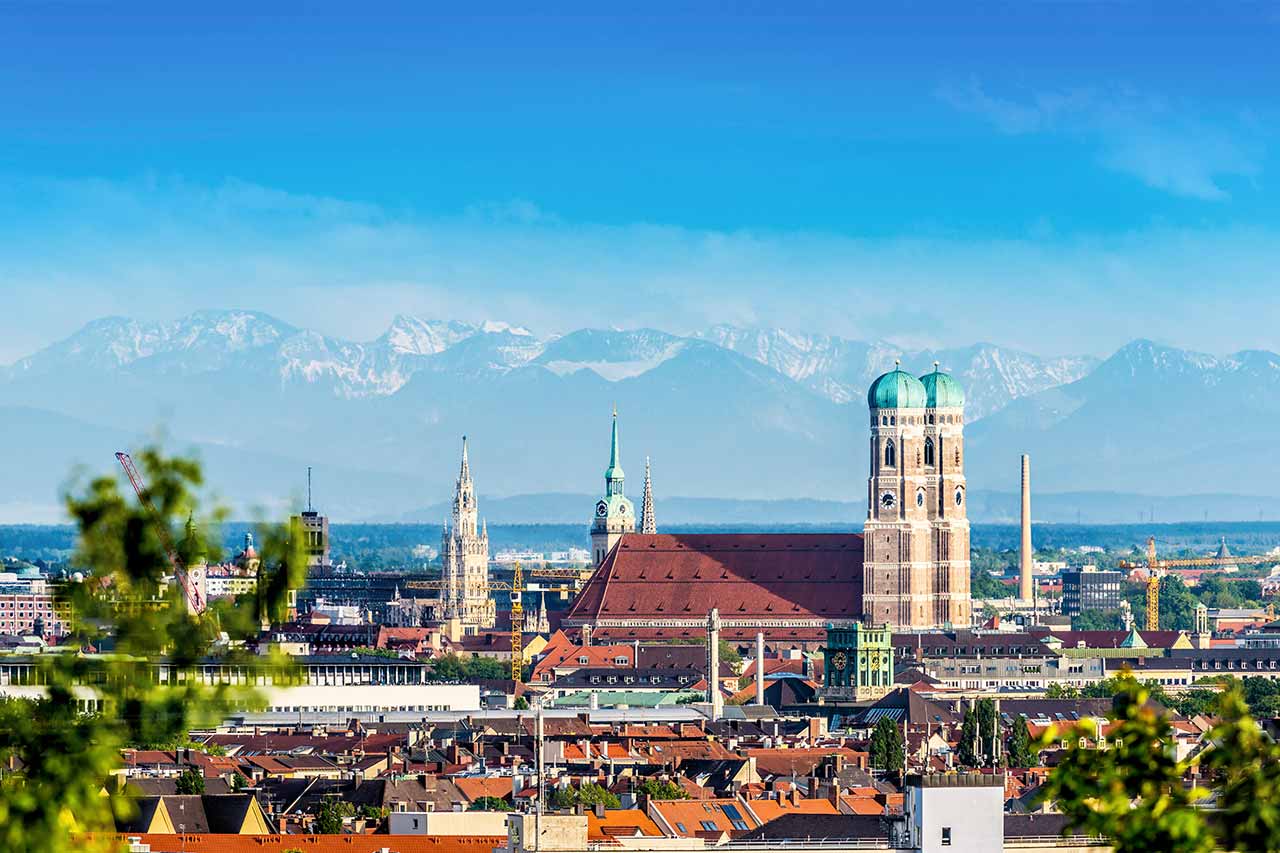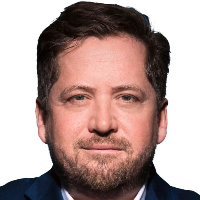
The program includes:
- Initial presentation in the clinic
- clinical history taking
- review of medical records
- physical examination
- laboratory tests:
- complete blood count
- biochemical analysis of blood
- indicators of inflammation
- indicators blood coagulation
- ophthalmologic examination
- preparation according to preoperative standard
- blepharoplasty
- symptomatic treatment
- control examinations
- nursing services
- explanation of future recommendations
Required documents
- Medical records
- Photo of the target body region
Service
You may also book:
 BookingHealth Price from:
BookingHealth Price from:
About the department
The Department of Plastic, Aesthetic and Reconstructive Surgery, Hand Surgery at the University Hospital of Ludwig Maximilian University of Munich offers the full range of services in these fields. The department performs reconstructive plastic surgery aimed at repairing defects after injuries, cancer, and infectious diseases. For patients who wish to improve their appearance without any clinical indications, aesthetic plastic surgery services are available, including facelift, otoplasty, rhinoplasty, body lift, breast augmentation, and anti-aging procedures with Botox and fillers. The department's surgeons also successfully cope with treating hand diseases. Medical care is provided by a team of 17 highly qualified surgeons who daily perform surgical interventions in two state-of-the-art operating rooms. With appropriate indications, outpatient surgery may be performed. When performing surgery, the department's specialists use innovative techniques to achieve excellent therapeutic and aesthetic results.
The Head Physician of the department is Prof. Dr. med. Riccardo Giunta. The doctor has tremendous clinical experience and regularly demonstrates high treatment success rates. Previously, Prof. Riccardo Giunta worked as the President of the German Society of Plastic, Reconstructive and Aesthetic Surgeons (DGPRÄC), which attests to his exceptional professional skills.
One of the main focuses of the department's medical team is reconstructive plastic surgery. The specialists most often perform breast reconstruction in women after breast cancer surgery (mastectomy). The department's reconstructive surgeons use silicone implants or the patient's autologous tissues to repair the female breast. The last option is plastic surgery with a DIEP flap, which involves excision of a skin flap in the patient along with subcutaneous adipose tissues, nerves, and blood vessels in the abdomen (in some cases, from the buttocks) and their transplantation on the site of the excised breast. With the help of microsurgical techniques and special instruments, plastic surgeons suture blood vessels together, providing blood supply to the reconstructed breast. DIEP-flap reconstructive surgery is considered a complex intervention, but the department's specialists regularly perform such operations and demonstrate excellent results.
The department's plastic surgeons have been providing effective treatment for lymphedema for many years. The pathology develops due to an impaired lymph outflow and its accumulation in the intercellular space, as a result of which the volume of the lower or upper limbs increases. The main treatment for lymphedema is conservative therapy. However, in some clinical cases, a microsurgical intervention may be required. The department's surgical options include vascularized lymph node transfer, transposition of the lymphatic vessels, and lymphovenous bypass. The purpose of the above-mentioned interventions is to create new pathways for the outflow of lymphatic fluid from the affected limb. The optimal type of the surgical procedure is determined based on the clinical data. After the operation, a patient will stay under constant medical supervision. Doctors will also apply elastic bandages and perform lymphatic drainage massages. The final results of the surgical treatment can be assessed several months after the operation.
The department has many options for plastic surgery after bariatric surgery or sudden weight loss through diet and exercise. Significant weight loss affects the aesthetics of the body, leading to sagging skin. In addition to aesthetic problems, there are also functional disorders, such as limited mobility and recurrent inflammatory processes in the groin and armpits. The department's plastic surgeons assess the degree of skin sagging, determine the most problematic areas of the body, and take full-body images of the patient. The images are processed in a special 3D visualization program, which allows the doctors to compare the patient's photos in different projections before and after plastic surgery. Based on the most problematic areas of the body after weight loss, the specialists can perform the following types of plastic surgery: abdominoplasty (tummy tuck), torsoplasty (back lift), mastopexy (breast lift), femoroplasty (thigh lift), brachioplasty (arm lift), or several of these surgical procedures at the same time. The department's plastic surgeons are highly professional, so patients can be sure that they will be pleasantly surprised by the result.
Aesthetic plastic surgery is an integral part of the department's clinical practice. Operations on this spectrum are performed without any medical indications but at a patient's request. The most requested aesthetic head and face surgeries include a facelift, neck lift, forehead lift, blepharoplasty, rhinoplasty, and otoplasty. Effective injection procedures with Botox, fillers, and autologous adipose tissues are used to treat wrinkles. In the body area, plastic surgeons most often perform breast augmentation, breast lift, abdominoplasty, liposuction, body contouring, and body lift. Whenever required, a computer simulation of the expected result of aesthetic plastic surgery can be carried out before the intervention.
The department offers a wide range of services for treating hand diseases. The surgeons at the medical facility treat patients with hand injuries, nerve ending compression syndromes (for example, carpal tunnel syndrome), Dupuytren's contracture, ganglion, rheumatic hand lesions, trigger fingers, etc. In some cases, the specialists use only conservative therapy. The department has high-tech operating rooms for performing hand surgery of any complexity, including finger and hand replantation.
The department's range of surgical services includes:
- Reconstructive plastic surgery
- Reconstructive interventions after breast tumor removal: placement of silicone implants and DIEP flap plastic surgery
- Reconstructive interventions for malformations and asymmetries of the breast and nipple
- Reconstructive interventions after injuries
- Reconstructive interventions after soft tissue tumor removal in the trunk and limbs
- Reconstructive interventions after skin and mucous membrane tumor removal
- Reconstructive interventions after head and neck tumor removal
- Reconstructive interventions after bone tumor removal
- Reconstructive interventions for bedsores
- Reconstructive interventions after burns in all areas of the body
- Reconstructive interventions for facial paralysis
- Reconstructive surgery on the brachial plexus
- Reconstructive interventions for lymphedema: vascularized lymph node transplant, transposition of the lymphatic vessels and lymphovenous bypass surgery
- Aesthetic plastic surgery
- Head and neck aesthetic plastic surgery
- Facelift
- Neck lift
- Forehead lift (endoscopic techniques)
- Eyelid lift
- Nose reshaping (rhinoplasty)
- Ear reshaiping (otoplasty)
- Anti-aging Botox, filler and autologous adipose tissue injections for treating wrinkles
- Scar revision: laser and surgical techniques
- Aesthetic body plastic surgery
- Breast augmentation, reduction and lift, including gynecomastia treatment in men
- Abdominoplasty
- Liposuction
- Body contouring
- Body lift
- Scar revision: laser and surgical techniques
- Head and neck aesthetic plastic surgery
- Hand surgery
- Finger, hand and arm replantation
- Reconstructive interventions for congenital malformations
- Reconstructive interventions for severe hand injuries
- Surgical and conservative treatment of compression syndromes (for example, carpal tunnel syndrome)
- Surgical and conservative treatment of hand fractures
- Surgical and conservative treatment of hand nerve injuries
- Surgical and conservative treatment of Dupuytren's contracture
- Surgical interventions for wrist and hand ganglion
- Surgical and conservative treatment of wrist arthrosis
- Surgical treatment of pain in the wrist joint
- Surgical and conservative treatment of hand tendon injuries
- Surgical and conservative treatment of trigger fingers and inflammatory processes in the hand
- Resection of hand tumors
- Other medical services
Curriculum vitae
Professional Career
- Since 01.2011 Head Physician of the Department of Plastic, Aesthetic and Reconstructive Surgery, Hand Surgery at the University Hospital of Ludwig Maximilian University of Munich.
- Since 2015 Vice President of the German Society of Plastic, Reconstructive and Aesthetic Surgeons (DGPRÄC).
- 2010 Appointed as a Professor (with the support of Prof. Wolfgang Hermann) at the Technical University of Munich, University Hospital Rechts der Isar Munich.
- 2010 Invitation to the position of Professor for Plastic, Aesthetic and Reconstructive Surgery, Hand Surgery, Ludwig Maximilian University of Munich, University Hospital of Ludwig Maximilian University of Munich.
- 12.2008 Karl Max von Bauernfeind Medal from the Technical University of Munich as a part of the world's first team on the transplantation of two hands at the University Hospital Rechts der Isar Munich.
- 2007 Senior Physician, Department of Plastic Surgery and Hand Surgery, University Hospital Rechts der Isar Munich.
- 2001 - 2010 Surgeon, Section of Plastic and Reconstructive Surgery, Department of Surgery, Technical University of Munich.
- 2000 - 2001 Senior Physician, Department of Plastic and Reconstructive Surgery, University of Vienna, General Hospital, Vienna, Austria.
- 1996 - 2000 Department of Plastic Surgery, Medical Center Vogtareuth, Vogtareuth.
- 1995 - 1996 Surgeon, Department of Hand Surgery.
- 1994 - 1995 Work at the Institute of Anatomy, University Hospital of Ludwig Maximilian University of Munich.
- 1992 - 1993 Internship, Department of Surgery, University Hospital of Ludwig Maximilian University of Munich.
Memberships in Professional Societies
- Full Member of the German Society of Plastic, Reconstructive and Aesthetic Surgeons (DGPRÄC).
- 2003 - 2005 Board Member of the Association of German Plastic Surgeons (VDPC).
- Full Member of the German Society for Hand Surgery (DGH).
- Full Member of the German Society of Surgery (DGC).
- Full Member of the World Society for Reconstructive Microsurgery (WSRM).
- Member of the German-speaking Working Group on Hand Surgery (DAH).
- Fellow of the American College of Surgeons, FACS (ACS).
- Full Member of the American Society for Reconstructive Microsurgery (ASRM).
- Member of the German Society of Senology.
- Full Member of the American Society for Peripheral Nerve (ASPN).
- Founder of the Ulrich Lanz Hand Surgery Club.
Photo of the doctor: (c) LMU Klinikum
About hospital
According to the Focus magazine, the University Hospital of Ludwig Maximilian University of Munich is regularly ranked among the best medical institutions in Germany!
The hospital is the largest multidisciplinary medical facility, as well as a leading research and training center in Germany and Europe. The hospital is proud of its bicentenary history and tirelessly confirms its primacy at the national and international levels. The outstanding quality of medical care is complemented by highly productive research activities, thanks to which many effective diagnostic and therapeutic methods, saving people’s lives, have been presented in medical practice.
The medical facility includes two main buildings, Grosshadern and Innenstadt. The hospital has 29 specialized departments, 53 interdisciplinary centers, 11 institutes, and many sections. More than 500,000 patients are treated here every year, which indicates the hospital's excellent reputation. A large and highly professional medical team, consisting of 1,800 doctors and 3,300 nursing staff, works for the benefit of patients. The hospital has 2,000 beds to accommodate patients.
The hospital's infrastructure deserves special attention: advanced diagnostic equipment that allows doctors to detect the slightest pathological changes in the human body, the latest operating rooms with highly efficient monitoring systems, robot-assisted surgical systems that facilitate sparing operations, and proper postoperative care.
Excellent technical resources and highly professional medical staff are undoubtedly the hospital's pride, but the medical facility also pays attention to the patient's comfort and to a humane attitude toward their life situation. When providing the necessary medical care, doctors and nursing staff always show a friendly attitude, inform patients in detail about the upcoming diagnostic and therapeutic procedures, gladly answer all questions of interest to patients, and provide moral support during the therapeutic process.
The hospital has many prestigious quality certificates, including a DIN EN ISO 9001 certificate, an IQM certificate, an endoCert certificate, certificates from the German Cancer Society (DKG) for treating various types of cancer, the German Cardiac Society (DGK), the German Society for Orthopedics and Trauma Surgery (DGOU), etc. Thus, patients can count on the best possible treatment outcome due to the use of the most effective and, at the same time, sparing therapeutic techniques.
Photo: (с) depositphotos
Accommodation in hospital
Patients rooms
The patients of the University Hospital of Ludwig Maximilian University of Munich live in comfortable, spacious, single and double patient rooms with a modern design. Each room is equipped with an ensuite bathroom with a shower and toilet. The furnishing of a standard patient room includes a comfortable bed, the position of which can be adjusted using the remote control, a locker for storing personal belongings, a TV, and a telephone. Also, if desired, you can connect to the Internet. In addition, patients can opt for enhanced-comfort rooms, with a safe, a fridge, and upholstered furniture.
The hospital has an excellent infrastructure. The medical facility’s area houses a bank, ATMs, a hairdresser, shops with a wide range of food, drinks, newspapers, magazines, and personal hygiene items, play areas for children, and a beautiful garden for walking, etc.
Meals and Menus
The patient and his accompanying person are offered a daily choice of three menus, including a vegetarian one. If you are on a specific diet for any reason, you will be offered an individual menu. Please inform the medical staff about your dietary preferences prior to the treatment.
Further details
Standard rooms include:
Religion
Religious services are available upon request.
Accompanying person
Your accompanying person may stay with you in your room or at a hotel of your choice during the fixed program.
Hotel
You may stay at a hotel of your choice during an outpatient program. Our managers will help you to choose the best option.
The hospital offers a full range of laboratory tests (general, hormonal, tests for infections, antibodies, tumor markers, etc.), genetic tests, various modifications of ultrasound scans, CT scans, MRI and PET/CT, angiography, myelography, biopsies, and other examinations. Treatment with medications, endoscopic and robotic operations, and stereotaxic interventions are carried out here, modern types of radiation therapy are also used. The hospital offers patients all the necessary therapeutic techniques.
- Allogeneic bone marrow transplantation
- Microsurgical transplantation of head and neck tissues
- Microsurgical resection of brain tumors with intraoperative fluorescence
- Minimally invasive treatment of spine pathologies
- Joint replacement with postoperative rehabilitation (fast track program)
Patients with benign and malignant neoplasms of various localizations, pathologies of arteries and veins, herniated discs, osteoporosis, congenital and acquired pathologies of the musculoskeletal system, benign and malignant pathologies of the mammary gland, and other pathologies.
Which specialties of the University Hospital of Ludwig Maximilian University of Munich are the best?
- Interventional and diagnostic neuroradiology
- Vascular surgery
- Cardiac surgery
- Mammalogy
- Gastroenterology and hepatology
Over 1,700 highly qualified doctors work at the hospital.
